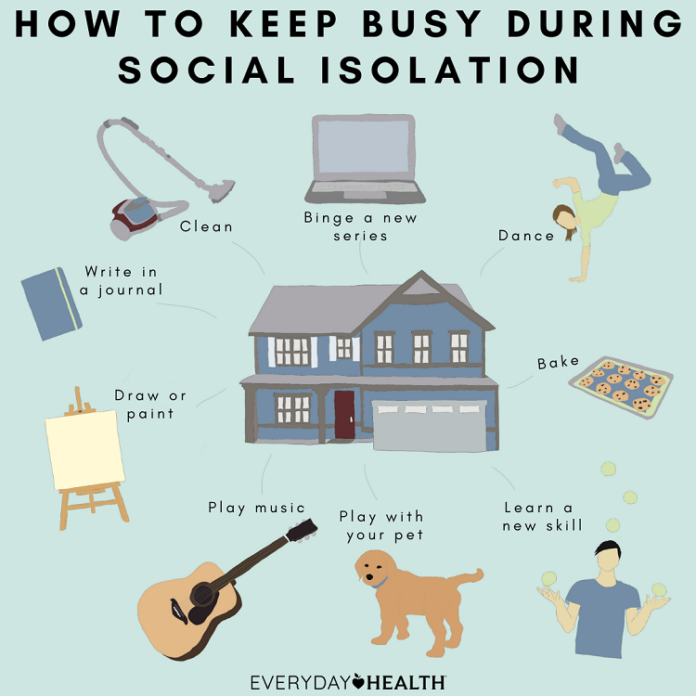With increasing stress levels due to demanding jobs, limited free time, and skyrocketing prices, it’s no wonder that there has been a shift toward promoting good mental health. Your emotional and psychological well-being is just as critical to a happy and healthy life as your physical well-being. Read these self-care tips for some suggestions on how to take better care of yourself and your mental health.
Rule Out Underlying Issues
You may be surprised to learn that certain psychological mood disorders could be exacerbated or even caused by your lifestyle, such as your diet. Studies have found that gluten can cause more than digestive upset and inflammation throughout the body. It can also affect your mental health. This is why you must visit your doctor to determine if there are hidden factors contributing to your mental health concerns. He or she can order a gluten intolerance test to determine your sensitivity level.
Practice Gratitude
Feeling down on occasion is a normal occurrence that everyone experiences from time to time. But, it’s possible to allow a bad day or bad mood to affect you for longer than it should if you dwell on the negatives.
Make it a habit to practice gratitude every day. Find a few things that you appreciate and name them. It can be something small, like a butterfly you spotted, or a big thing like your career. Write down your observations or just take time to think about them.
Doing this regularly will get you in the habit of looking for the positive in every day and every situation. With time, you won’t even need to try and will automatically notice all the good things that you are surrounded by.
Do Something Fun
When you are overwhelmed with responsibilities, it can be tempting to put your own needs last. However, you should put yourself first and do the things that you love. Take a painting class, join a sports team, or cook a healthy meal several nights a week. These types of activities help you unwind and lower your stress levels so you can face the next task head-on.
For even greater benefit, choose something you can do with a friend. Staying social is necessary for good mental health. Prioritize time with your friends and family to build a strong support system and deepen your relationships.
Start a Journal
Journaling is a wonderful way to express your frustrations, your fears, and your hopes. Starting a journal is easy. You can opt for a traditional paper notebook, or add entries in your phone note-taking app. Whatever works for you.
Getting into the habit of putting your thoughts down on paper is a great way to reflect on them fully and look for solutions. Once you write something down, you are free to take a break and come back to that thought later on. This also helps you get some distance so you stop giving undue attention to fear or prevent getting caught up in circling negative thoughts.
Your journal doesn’t need to serve only as a place to vent your frustrations. It’s also an awesome way to collect and organize your creative ideas and plans.
Talk It Out
Keeping your thoughts and feelings bottled up inside isn’t healthy. It can make matters worse when you never process and release pent-up emotions. Writing is good, but sometimes you need to speak with another person.
Find someone you trust to discuss your innermost thoughts with. This can be a counselor for professional talk therapy or a good friend. Take time regularly to get things off your chest. Another person can give you a new perspective or even advice. The simple act of sharing your worries and fears often makes them seem smaller and less scary. Try out a few of these suggestions. Even one can make a difference. Set aside some time each day to check in with yourself and then take action in whatever way you need. Having greater awareness through self-care practices can help you more easily identify how you feel, when you need help, and what you need to feel better











